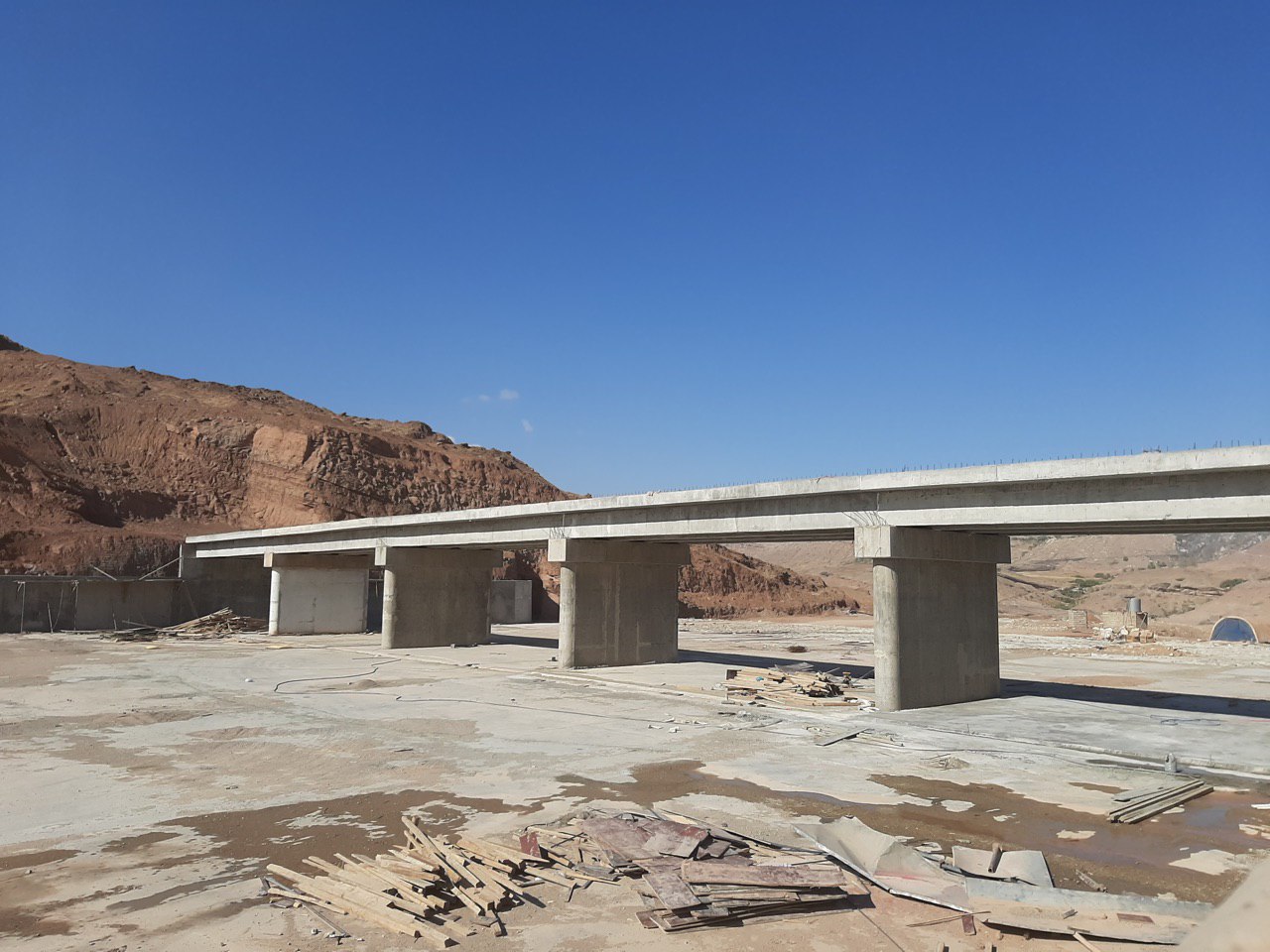Conserving the essential element of human existence
Water, an essential element for human existence, often requires engineered solutions to ensure its availability. Throughout history, the engineering of water has played a crucial role in sustaining civilizations, particularly those reliant on water resources. Water structures have served communities for thousands of years, witnessed in ancient civilizations such as Babylonia, Egypt, India, Persia, and the Far East. In the 21st century, water has gained prominence as a global resource, often referred to as “the next oil.”
In the Water Resources Engineering department, we offer two levels of academic studies. The undergraduate program spans four academic years, culminating in a Bachelor of Science (BSc.) degree in Water Resources Engineering. For those seeking an advanced education, our postgraduate program leads to a Master of Science (MSc.) degree in Water Resources Engineering, requiring two years of academic study.
Our curriculum combines theoretical and practical courses, integrating the use of laboratories, computer applications, and modern engineering tools essential for real-world engineering practice. Through a comprehensive learning experience, students gain a strong foundation in the principles and applications of water resources engineering.
Join our department to explore the fascinating world of water resources engineering, contribute to the sustainable management of this vital resource, and positively impact society.

The Water Resources Engineering department is committed to equipping students with the necessary analytical and professional skills to effectively identify, formulate, and solve problems in the field of water resources engineering. Our aim is to introduce students to a wide range of water-related challenges and issues at the national, regional, and international levels.
Through our program, students will develop a deep understanding of the complexities surrounding water resources and gain the knowledge and tools to address these challenges. They will learn to analyze water-related problems, assess their impacts, and propose sustainable solutions. Our curriculum is designed to provide a comprehensive education that covers key topics such as water management, hydrology, water quality, water infrastructure, and environmental considerations.
By delving into national, regional, and international water-related issues, our students will develop a global perspective and become equipped to contribute to the sustainable management of water resources. They will be prepared to tackle pressing water challenges, such as water scarcity, water pollution, climate change impacts, and the equitable distribution of water resources.